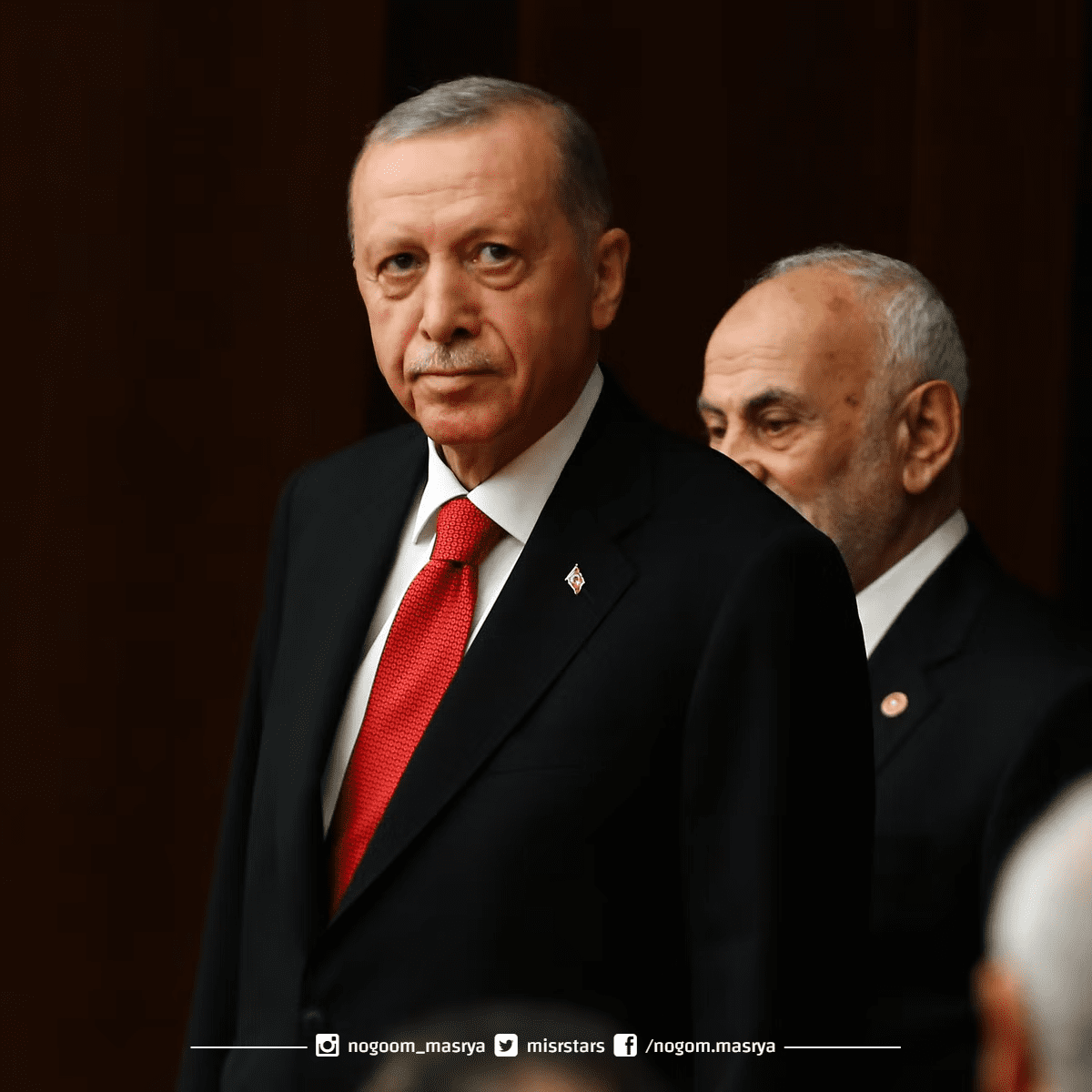ANKARA, June 3 (NGMISR) – Recep Tayyip Erdogan was sworn in as Turkey’s president on Saturday after his re-election victory last weekend, defying opinion polls and overcoming a cost-of-living crisis that had threatened his prospects. Erdogan, who secured 52.2% support in the May 28 runoff vote, is expected to announce his cabinet later today, potentially signaling a change to his unorthodox economic program.

As Turkey’s longest-serving leader, Erdogan’s new five-year mandate will enable him to continue pursuing his increasingly authoritarian policies, which have polarized the country—a NATO member—and bolstered its position as a regional military power.
Erdogan officially began his new term with an oath-taking ceremony at the general assembly in Ankara at around 3 p.m. (12:00 GMT) today. A subsequent event at the presidential palace was attended by high-level officials from 78 countries and international organizations, including NATO Secretary-General Jens Stoltenberg, Venezuelan President Nicolas Maduro, Hungarian Prime Minister Viktor Orban, and Armenian Prime Minister Nikol Pashinyan, as reported by the state-run Anadolu Agency.

The president is set to announce his new ministers tonight, with former economy chief Mehmet Simsek likely to be included in the cabinet, according to Reuters. Simsek’s appointment could mark a return to more economic orthodoxy, including eventual interest rate hikes. He previously served as finance minister and deputy prime minister between 2009 and 2018 and was respected by investors for his policies.
Erdogan, 69, first came to power as prime minister in 2003 after his AK Party won the election following Turkey’s worst economic crisis since the 1970s. In 2014, he became the nation’s first popularly-elected president and secured new executive powers for the presidency in a 2017 referendum.
His recent re-election was pivotal, as the opposition had aimed to oust Erdogan and reverse many of his policies, including proposing sharp interest rate hikes to counter inflation, which reached 44% in April. In his victory speech, Erdogan acknowledged that inflation— which peaked at 85% last year before easing—was Turkey’s most pressing issue.
Analysts warn that if current policies persist, Turkey’s economy is headed for turmoil due to depleted foreign reserves, an expanding state-backed protected deposits scheme, and unanchored inflation expectations. The lira has experienced several crashes in recent years, hitting new all-time lows following the vote.

